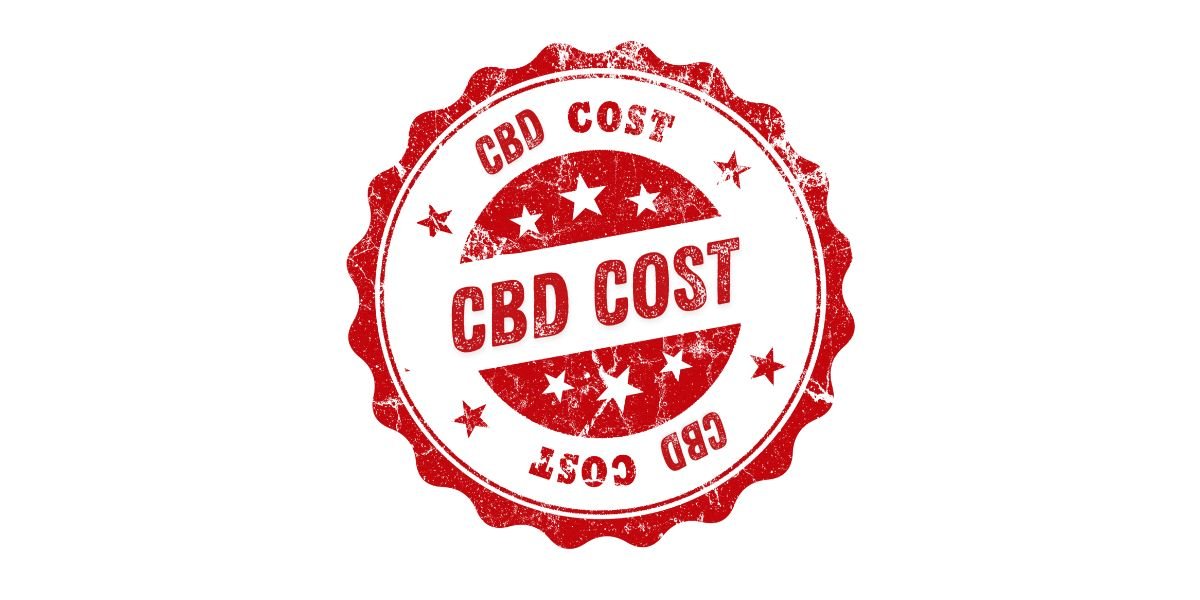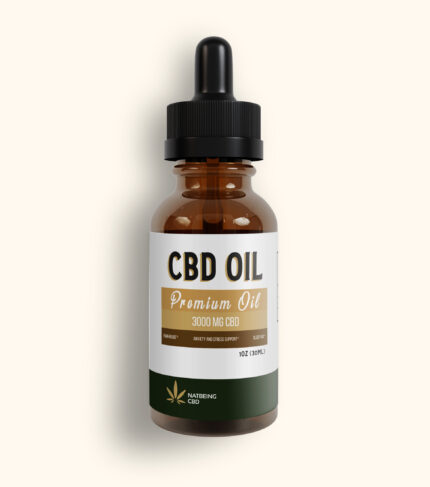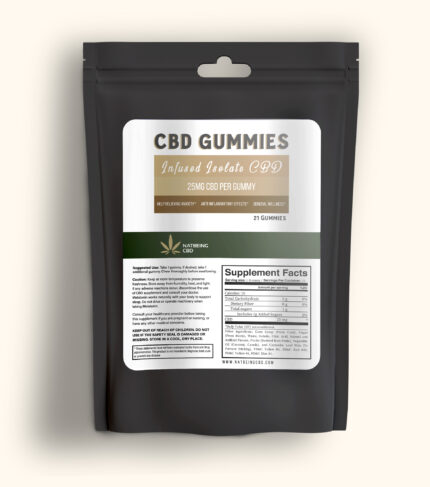
Blog
THC can stay in your body for days or even weeks. To know if it’s still present, you might need some testing.
But what influences how long THC lingers? Understanding how THC remains in your system is crucial. Factors like metabolism, frequency of use, and body fat play roles. Some people clear THC faster than others. Testing methods vary too. Urine tests are common, but blood, saliva, and hair tests exist.
Each type has different detection windows. Knowing these details helps you make informed decisions. Whether for health reasons or job requirements, staying informed is key. This guide will explore what affects THC retention and how you can check its presence. Let’s dive into the world of THC testing and find answers together.

Credit: www.healthline.com
Signs Thc Is In Your System
THC, the active component in marijuana, can linger in your system. Knowing the signs can help determine its presence. Both physical and mental indicators can provide clues. Understanding these signs can be essential for various reasons. Let’s dive into these indicators.
Physical Indicators
Physical signs can show if THC is in your body. Red eyes are a common indicator. THC often causes blood vessels to expand. This results in noticeable redness in the eyes. Dry mouth, or “cottonmouth,” is another sign. This happens because THC affects saliva production. Increased heart rate is also possible. THC stimulates the nervous system, leading to a faster heartbeat. Appetite changes can occur too. Many experience increased hunger, often called “the munchies.”
Mental And Emotional Symptoms
THC affects the mind as well. Altered perception is a key sign. Time may feel slower or faster. Memory issues can arise too. Short-term memory might become unreliable. Mood swings are another symptom. Emotions can shift rapidly under THC’s influence. Anxiety or paranoia may develop in some. These feelings can be unsettling for users. Difficulty concentrating is also common. Tasks may seem harder to focus on.
Factors Affecting Thc Retention
Understanding how long THC stays in your system can be crucial, whether you’re preparing for a drug test or simply curious about your body’s inner workings. Several factors influence THC retention, and recognizing these can give you a clearer picture of your situation. Let’s dive into the key elements that determine how long THC might linger in your body.
Frequency Of Use
Your usage pattern significantly affects how long THC remains in your system. If you occasionally indulge, your body likely processes the THC more quickly than someone who uses it daily. Imagine your body as a sponge; the more frequently you soak it, the longer it takes to dry out.
Consider a friend who smokes once a month and another who uses it every evening. The first friend might clear THC in a few days, while the regular user could retain traces for weeks. Understanding your usage frequency is a vital step in predicting THC retention.
Metabolism Rate
Your body’s metabolism plays a pivotal role in processing THC. A faster metabolism can clear substances quicker, akin to how some people can eat a hearty meal and not gain weight. It’s not just about how much you eat but how your body deals with it.
Have you noticed how some people seem to have boundless energy and never seem to sit still? These individuals often have faster metabolisms, which can mean THC exits their system more swiftly. Ask yourself: how quickly does your body usually process food, caffeine, or medications?
While you can’t control all the factors affecting THC retention, understanding your frequency of use and metabolism rate can help you make informed decisions. Are there lifestyle changes you can adopt to influence these factors positively?
Testing Methods For Thc
Understanding how THC is tested in your body is important. Different methods can detect its presence. Each has its own accuracy and time frame. Let’s explore some common testing methods.
Urine Tests
Urine tests are the most common for detecting THC. They are simple and non-invasive. This method checks for THC metabolites in your urine. These metabolites remain longer than THC itself. For occasional users, THC may clear in a few days. Regular users might test positive for weeks. Urine tests are popular due to their cost-effectiveness.
Blood Tests
Blood tests measure the actual THC in your bloodstream. They are less common than urine tests. This method is more precise in detecting recent use. THC stays in the blood for a shorter time. Usually, it is detectable for a few hours to a few days. Blood tests are often used in accident investigations. They provide a snapshot of current intoxication levels.
Duration Of Thc Presence
Understanding how long THC stays in your system is crucial. Its presence varies based on several factors. These include frequency of use, metabolism, and body fat. Knowing this helps manage expectations for detox times.
Short-term Use
With short-term use, THC exits the body faster. It usually stays in the urine for up to three days. Blood tests detect it for about 24 hours. Saliva tests can find THC for 1 to 3 days. Hair tests are not typical for short-term users.
Long-term Use
Long-term use extends THC detection times. It can stay in the urine for 30 days or more. Blood tests may detect it for up to a week. Saliva can show traces for a few days. Hair tests can reveal THC use for up to 90 days.
Understanding these timelines helps in planning. It also aids in informed decision-making about THC use.
Impact Of Body Composition
Understanding the impact of body composition can help you gauge how long THC remains in your system. THC, the main psychoactive compound in cannabis, is fat-soluble. This means it binds to fat cells in your body. How your body stores and processes fat affects how long THC lingers. Let’s explore how body fat percentage and hydration levels play a role in this process.
Body Fat Percentage
Your body fat percentage can significantly influence how long THC stays in your system. THC is stored in fat cells, so individuals with higher body fat may retain THC for a longer period. If you have a lower body fat percentage, THC might clear from your system more quickly.Imagine you and a friend both consume the same amount of THC. If you have more body fat, your system might hold onto it longer than your friend’s. This isn’t just a theory; it’s how your body’s storage system works. Knowing your body fat percentage can give you a better idea of what to expect.
Hydration Levels
Your hydration level can also affect THC detection. Staying well-hydrated helps your body flush out toxins, including THC. If you’re dehydrated, THC could remain detectable for longer.Think of hydration as your body’s natural cleaning system. Drinking water consistently can aid in clearing out THC. However, don’t overdo it—extreme water consumption won’t speed up the process and could be harmful. Balance is key. How’s your water intake today?
Understanding these factors not only gives you insight into how your body handles THC but also empowers you to make informed decisions. Have you ever noticed a difference in how long THC stays in your system based on changes in your body composition? Share your experiences in the comments below!

Credit: mandalahealingcenter.net
Detoxification Techniques
Detoxification techniques can help clear THC from your system. Understanding these methods is crucial for those seeking to cleanse their bodies. Whether you prefer natural approaches or commercial solutions, the right detox method can support your needs. Let’s explore how natural methods and commercial products can assist you in detoxifying.
Natural Methods
Natural methods are safe and accessible. Hydration plays a key role. Drinking plenty of water helps flush out toxins. Exercise also aids detoxification. Physical activity boosts metabolism and burns fat where THC may store. Eating a balanced diet rich in fiber supports the digestive system. This aids in expelling unwanted substances. Green tea can be beneficial too. It has antioxidants that assist in detoxification. Rest and sleep are essential for recovery. They give your body time to heal and cleanse.
Commercial Products
Commercial products offer convenience and targeted solutions. Detox drinks are popular choices. They promise to cleanse your system quickly. THC detox kits provide comprehensive solutions. They often include supplements, drinks, and dietary guidance. Some users choose pills or supplements. These may enhance the body’s natural detox processes. Check product reviews before purchasing. Ensure they suit your needs and preferences. Follow usage instructions carefully for effective results.
Legal Implications
Understanding the legal implications of THC in your system is crucial. Laws vary by region and can impact various aspects of life. From employment to legal consequences, knowing where you stand is vital.
Employment Drug Testing
Many employers conduct drug tests to ensure a safe workplace. Positive THC results can affect job prospects or current employment. Some industries have strict drug-free policies. Failing a test might lead to termination or missed opportunities. Know your company’s policies on drug testing. It helps to be prepared and informed.
Legal Consequences
THC presence can have legal repercussions depending on local laws. In some places, it may affect driving privileges or result in fines. Legal penalties vary, but ignorance isn’t a defense. Understanding your local laws helps in avoiding potential issues. Always stay informed about legal changes regarding THC.
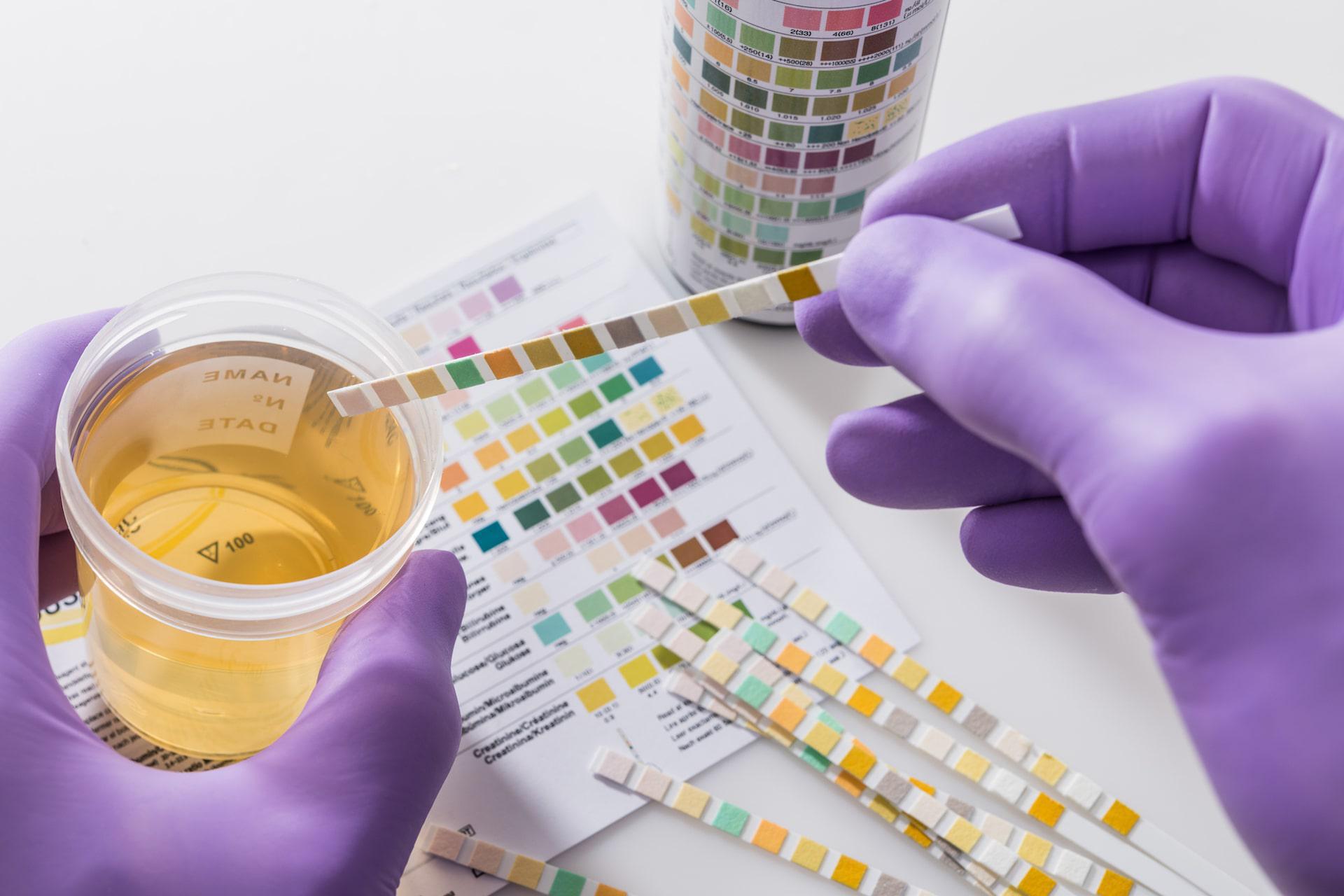
Credit: www.health-street.net
Lifestyle Changes To Reduce Thc
Understanding THC presence in your system is crucial for making lifestyle changes. Notice persistent effects like altered mood or sleep issues. These can indicate THC is still active. Regular exercise and hydration assist in cleansing, helping reduce THC levels naturally.
Making lifestyle changes can be an effective way to reduce THC levels in your system. While there’s no magic bullet for cleansing your body, simple adjustments in daily habits can accelerate the process. Let’s explore how dietary choices and exercise routines can help you in this journey.Dietary Adjustments
Your diet plays a crucial role in how efficiently your body metabolizes THC. Eating foods rich in fiber, such as fruits and vegetables, can aid in the detox process by promoting digestion and waste elimination. Consider adding leafy greens, berries, and whole grains to your meals.Hydration is another key factor. Drinking plenty of water helps flush out toxins, including THC, from your system. Aim to keep a water bottle with you throughout the day to remind yourself to stay hydrated.Have you considered the impact of fatty foods? High-fat meals can increase THC storage in fat cells, so it might be wise to limit processed and fried foods. Instead, focus on lean proteins and healthy fats like avocados and nuts.Exercise Routines
Physical activity is a powerful ally in reducing THC levels. Regular exercise boosts your metabolism, encouraging your body to burn fat where THC is stored. Think about incorporating aerobic activities like jogging, swimming, or cycling into your routine.Strength training also plays a role. Building muscle can increase your resting metabolic rate, helping you burn more calories even when you’re not exercising. This means more opportunities for your body to cleanse itself naturally.Consistency is key. Short, frequent workouts can be more effective than sporadic, longer sessions. What’s one small change you can make today to get moving more often?By making these changes, you’re taking proactive steps toward reducing THC in your system. It’s not just about detoxing—it’s about adopting healthier habits that benefit your overall well-being.Frequently Asked Questions
How Long Does Thc Stay In A Urine Test?
THC can stay in urine for 3 to 30 days. Usage frequency affects detection time. Occasional users may test positive for 3 days, while regular users might show THC for up to 30 days. Staying hydrated and healthy can help speed up elimination from the body.
How Is Thc Eliminated From The Body?
THC is eliminated primarily through urine and feces. It is metabolized in the liver, converting into inactive compounds. These compounds are then excreted from the body over time, with elimination influenced by factors like metabolism, frequency of use, and body fat.
Hydration and exercise can aid in faster elimination.
How Long Does It Take For Thc To Wear Off?
THC effects typically last 1 to 3 hours, depending on the consumption method. Edibles may extend effects up to 8 hours. Factors like metabolism, tolerance, and dosage influence duration. For most people, THC can be detected in the body for up to 30 days after use.
Why Am I Still Testing Positive For Thc After 3 Months?
THC can stay in your system for months, especially in regular or heavy users. It accumulates in fat cells, extending detection time. Metabolism, body fat, and frequency of use influence how long THC remains detectable. Hydration, exercise, and a healthy diet may help reduce detection time.
Conclusion
THC can linger in your system for days or weeks. It depends on several factors. Your metabolism, body fat, and usage frequency matter. Regular users may retain THC longer. Tests like urine, blood, and hair can detect it. Staying informed helps you manage your lifestyle choices.
Understanding how THC remains in your body is crucial. Consider your health and responsibilities. Make decisions wisely. Knowing your body’s response aids in planning ahead. Always seek reliable information. Stay safe and informed about what affects your system. Make choices that align with your goals and well-being.
{ “@context”: “https://schema.org”, “@type”: “FAQPage”, “mainEntity”: [ { “@type”: “Question”, “name”: “How long does THC stay in a urine test?”, “acceptedAnswer”: { “@type”: “Answer”, “text”: “THC can stay in urine for 3 to 30 days. Usage frequency affects detection time. Occasional users may test positive for 3 days, while regular users might show THC for up to 30 days. Staying hydrated and healthy can help speed up elimination from the body.” } } , { “@type”: “Question”, “name”: “How is THC eliminated from the body?”, “acceptedAnswer”: { “@type”: “Answer”, “text”: “THC is eliminated primarily through urine and feces. It is metabolized in the liver, converting into inactive compounds. These compounds are then excreted from the body over time, with elimination influenced by factors like metabolism, frequency of use, and body fat. Hydration and exercise can aid in faster elimination.” } } , { “@type”: “Question”, “name”: “How long does it take for THC to wear off?”, “acceptedAnswer”: { “@type”: “Answer”, “text”: “THC effects typically last 1 to 3 hours, depending on the consumption method. Edibles may extend effects up to 8 hours. Factors like metabolism, tolerance, and dosage influence duration. For most people, THC can be detected in the body for up to 30 days after use.” } } , { “@type”: “Question”, “name”: “Why am I still testing positive for THC after 3 months?”, “acceptedAnswer”: { “@type”: “Answer”, “text”: “THC can stay in your system for months, especially in regular or heavy users. It accumulates in fat cells, extending detection time. Metabolism, body fat, and frequency of use influence how long THC remains detectable. Hydration, exercise, and a healthy diet may help reduce detection time.” } } ] }Related posts
How Fast Does CBD Cream 5000mg Work on Sore Muscles?
Menthol and CBD: A Dynamic Duo for Pain Relief
Delta-8 vs Delta-9 THC: Which One Is Right for You?
CBD Cream 5000mg: Powerful Relief for Pain, Muscles & Joints
CBD for Arthritis Pain: What You Should Know
CBD Creams: Made with Hemp Oil for Pain Relief & Joint Support
Understanding Oral CBD vs Topical CBD: Which Works Best for You?
How CBD Cream Supports Your Body’s Natural Balance
CBD Cream for Arthritis Joint Pain: A Natural Way to Find Relief
Is CBD Cream the Secret to Glowing, Healthy Skin?
How CBD Cream Works on Your Skin
CBD Cream Costs: Finding the Perfect Balance Between Price and Quality
Table Of Contents
Recent Posts
Products
-
 CBD Cream 5000mg – Extra Strength Pain Relief Topical Rated 4.83 out of 5$33.93 – $49.99Price range: $33.93 through $49.99 — or subscribe and save up to 25%
CBD Cream 5000mg – Extra Strength Pain Relief Topical Rated 4.83 out of 5$33.93 – $49.99Price range: $33.93 through $49.99 — or subscribe and save up to 25% -
 CBD Sleep Gummies 2500mg With Melatonin - 100 count Rated 5.00 out of 5
CBD Sleep Gummies 2500mg With Melatonin - 100 count Rated 5.00 out of 5$69.99Original price was: $69.99.$34.99Current price is: $34.99. -
 3000mg CBD Oil Rated 5.00 out of 5$29.90
3000mg CBD Oil Rated 5.00 out of 5$29.90 -
 CBD Gummies 500 mg - 21 Gummies Rated 5.00 out of 5$19.90 – $23.00Price range: $19.90 through $23.00
CBD Gummies 500 mg - 21 Gummies Rated 5.00 out of 5$19.90 – $23.00Price range: $19.90 through $23.00
